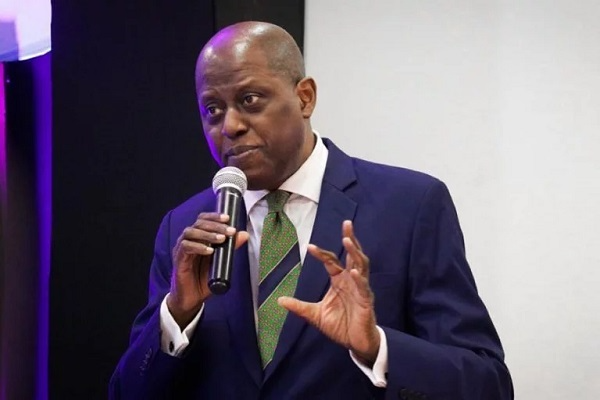The Presidency recently commended the Yemi Cardoso-led Central Bank of Nigeria for its efforts to stabilize the naira, aligning with President Bola Tinubu’s strategy to address issues in the foreign exchange market.
Ajuri Ngelale, the Special Adviser to the President on Media and Publicity, expressed optimism that these efforts would lead to a stronger naira, resulting in a significant drop in essential commodity prices by the first quarter of 2025.
The recent measures implemented by the Central Bank have contributed to the naira’s rebound, with the currency strengthening from 1,900/dollar in late February to nearly 1,200/dollar in the parallel market by Tuesday.
Several key reforms have been introduced by the CBN, including exchange rate unification, liberalization of the FX market, and clearance of FX backlog obligations.
These actions have had a positive impact on stabilizing the exchange rate and curbing currency speculation.
Related News: CBN Implements Higher Capital Requirement of N500 Billion for Mega Banks
Despite these gains, the Presidency emphasized the need for continued efforts to combat racketeering and malign activities in the FX market.
Regulatory agencies will remain vigilant and pursue those undermining government efforts.
President Tinubu’s focus extends beyond stabilizing the exchange rate to tackling inflation and ensuring a fair pricing regime for goods and services.
The administration is committed to improving economic conditions, with expectations of revenue boosts from private and government-owned crude oil refineries.
President Tinubu’s decision to discontinue subsidies on petrol upon assuming office aimed to redirect resources towards infrastructure development.
While these moves initially impacted the value of the naira and led to increased living costs, recent gains in the currency’s value signal progress.
The CBN’s actions to address distortions in the foreign exchange market, including investigations into questionable transactions and the prohibition of foreign currency as collateral for naira loans, have been well-received.
These measures are expected to increase the supply of foreign exchange in the economy, benefiting businesses and consumers alike.
Organizations like the Lagos Chamber of Commerce and Industry and the Small and Medium Enterprises Development Agency of Nigeria have expressed support for the CBN’s initiatives, noting that they will reduce bottlenecks in accessing finance for businesses.
In summary, the Presidency remains committed to sustaining momentum in economic reforms to ensure tangible benefits for Nigerians, including a strengthened naira and improved economic conditions.
Efforts to combat inflation and promote a fair pricing regime for goods and services will continue, with a focus on enhancing the nation’s financial stability and prosperity.
You can also read: CBN Bans Use of Foreign Currencies as Collateral for Naira Loans


